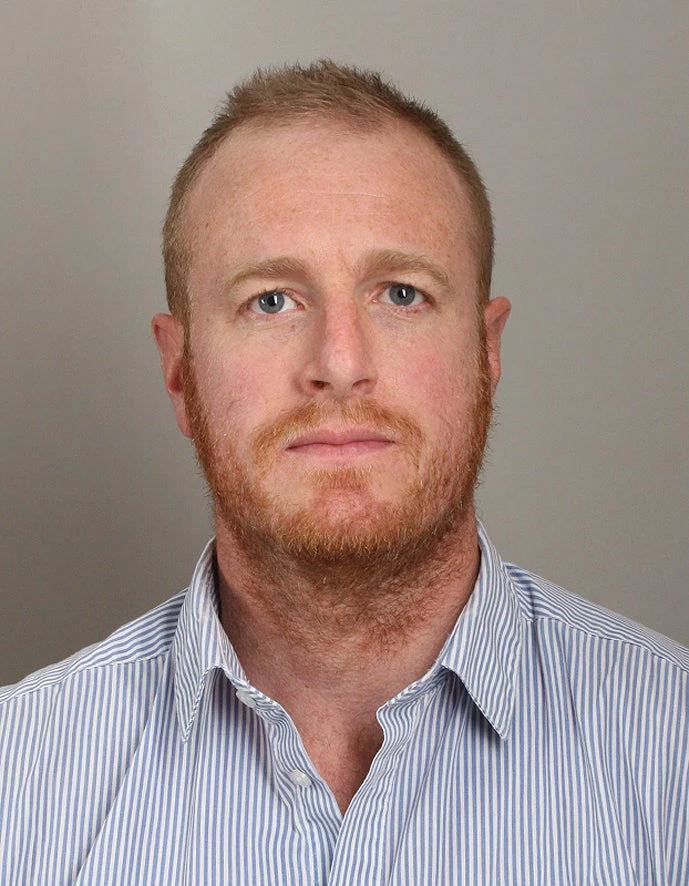 People at a workshop
People at a workshop
Elourdes has been a community leader for many years. She lives in Haiti, where the issue of violence against women and girls is at the root of many problems in her community. But she is confident that raising awareness on gender-based violence (GBV) and setting up support services for those affected - even if just in one commune of the department - can deter future aggressors.
In Haiti, violence against women is rising, driven by the recent proliferation of gang attacks, kidnappings, and political and economic upheaval . Conflicts and natural disasters pose additional GBV risks to women and girls. This is why providing GBV support services in that country is a humanitarian imperative. Globally, GBV - most often perpetrated against women and girls - is the most egregious manifestation of gender inequality and an alarming global public health, human rights and development challenge. One in three women worldwide - equivalent to 736 million women - have suffered intimate partner violence and/or sexual violence from a non-partner in their lifetime.
Against this backdrop, in January 2023 my team and I began our work on the Promoting GBV Services for Women and Girls project project in Haiti. Supported by a grant from the State and Peacebuilding Fund (SPF), our project focuses on improving the quality and reach of services for GBV survivors, and promoting women and girls socio-economic empowerment, safety and resilience. An important part of this effort was the creation of Women and Girls Safe Spaces (WGSS) - a safe place women and girls experiencing different types of violence can meet to access lifesaving care, immediate psychosocial needs, and referrals for specialized care. These safe spaces are places where victims of GBV can express themselves openly on any subject, share their experiences and traumas and take the time needed to rest and recuperate in serenity and without danger. All of this, knowing that they are guaranteed the absence of moral judgment, respect, confidentiality and support. Beyond immediate needs, these spaces also provide girls and women dedicated programs designed to enhance their participation in society and empowerment, such as information sessions, awareness raising campaigns, life skills activities, financial literacy and economic assistance.
Our project prioritized first helping 76 adolescent girls - most out of school and pregnant--who participated in a comprehensive life skills program and economic support. These girls were also counselled on and accompanied to other services, including accessing birth registration certificate and prenatal care - for many the first time they had care since becoming pregnant.
Because public services and coordination are limited in Haiti due to the political turmoil and insecurity, we worked with three women’s advocacy groups to implement the project - SOFA (Solidarité des femmes haïtiennes), Kay Fanm, and Fanm Deside (women decide in Creole), under the coordination of FOKAL (la Fondation Connaissance et Liberté). In Haiti, women's rights organizations are essential players in ensuring women's and girls' access to and delivery of services because of their extensive knowledge of the local context .
This consortium of women’s groups was pivotal in coordinating services across different agencies, ensuring that GBV services were delivered in a timely and coordinated manner, while always prioritizing the confidentiality and safety of women and girls. Experts, hired by the consortium, delivered three training sessions to 99 service providers. A new protocol outlining roles and responsibilities for providing care to GBV survivors was also produced.
The women’s organizations were key outreach partners in explaining and sharing information on how the women and girls safe spaces would work. They consulted with other GBV actors in the country and updated guidelines produced under the leadership of the Spotlight Initiative - a group in Haiti that focuses on ending domestic violence, rape, incest, sexual harassment, physical and psychological violence, as well as other restrictions on the freedoms and rights of women and girls. The current guidelines, which were launched during the 16 Days of Activism campaign and with the presence with the Haitian Ministry of Women Affairs, represent an operational toolkit for groups operating safe spaces for women and girls.
Despite challenges on the ground, we saw almost 200 GBV survivors access comprehensive care during project implementation, including psychosocial support and referral to medical care and legal assistance. Almost 15 percent of the GBV survivors required emergency accommodations and 40 percent received legal assistance, highlighting the glaring gaps in accessing immediate lifesaving services.
This focus on GBV prevention and response as a central development issue has resulted in a tenfold increase in World Bank operations addressing GBV, extending to every sector and region.


Join the Conversation